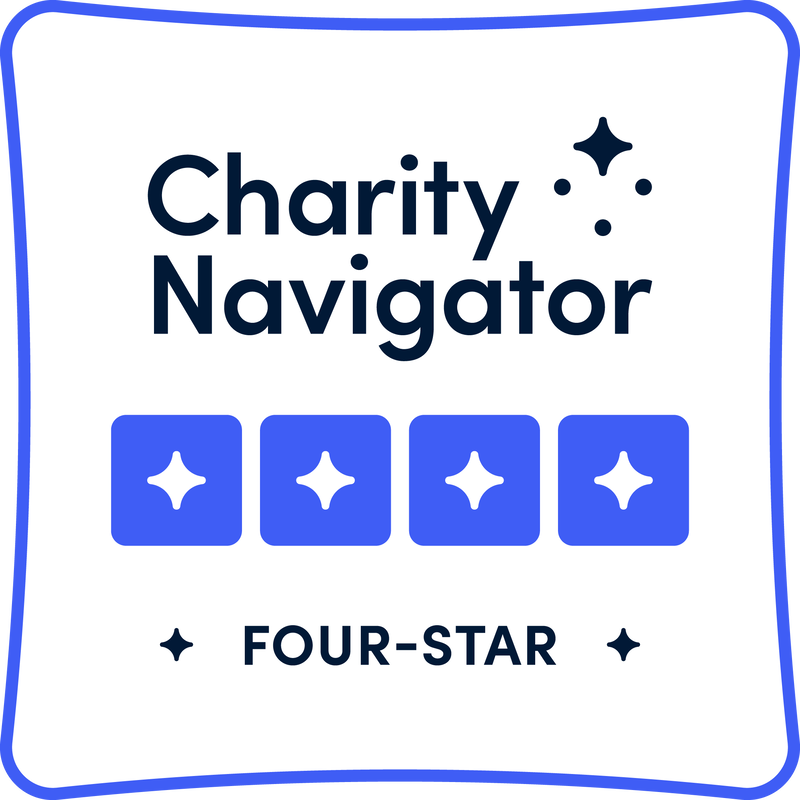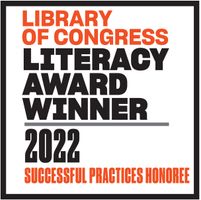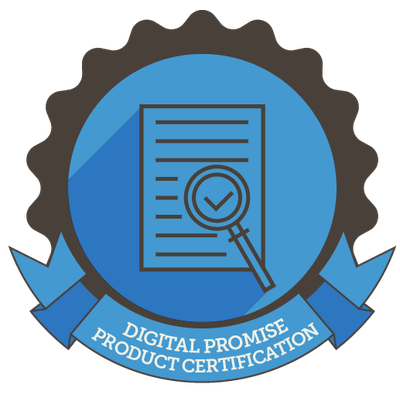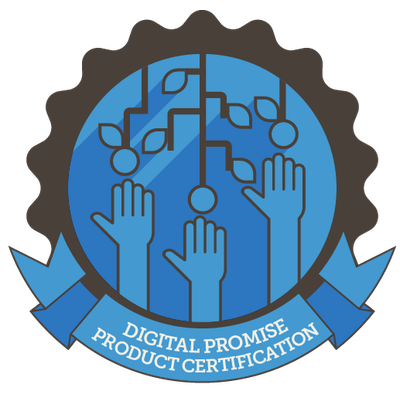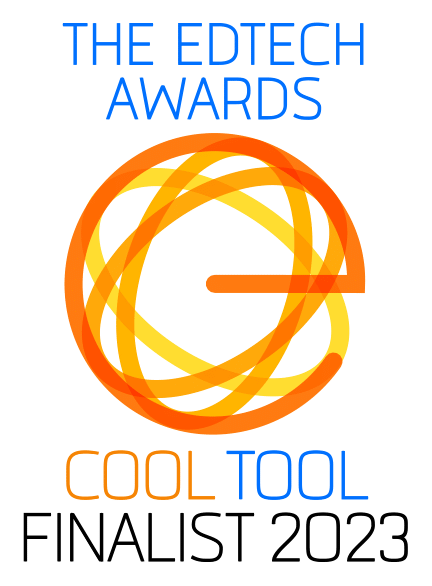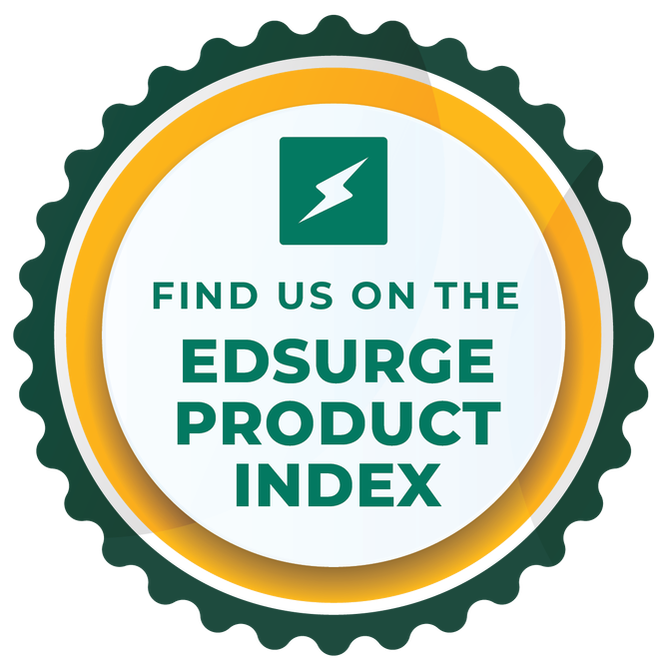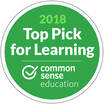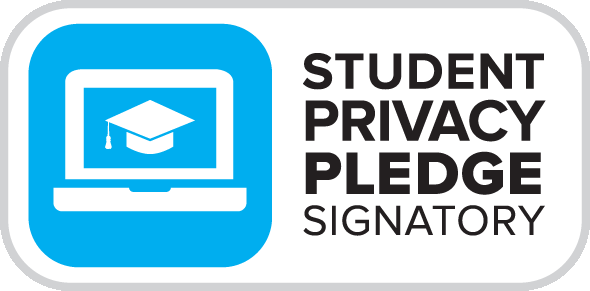|
ReadWorks is an edtech nonprofit focused on improving reading comprehension. We have a deep-seated belief that ALL students deserve a high-quality reading education, one that is based on research, to give them the best possible chance at success in school and in life. Through our digital platform, we provide research-based content and curricular supports that integrate with core English Language Arts (ELA) curricula. By providing reading content that reflects the diversity of our world—and that is freely accessible to all—we work to ensure that every student can see themselves reflected in their reading materials. By providing free materials to make all educators more effective at teaching reading regardless of zip code, we are doing our part to move closer to a world of successful readers with bright futures ahead. Within the complexity of all that it takes to become a successful reader, Readworks' focus area is building students’ background knowledge and vocabulary. Research studies have shown time and again that, whether students are considered “strong” or “weak” readers when prior knowledge is equal, their reading comprehension is essentially the same (Recht & Leslie, 1988). By reading across a variety of topics, students gain a wide base of knowledge and vocabulary that they can draw upon as they encounter new texts. When students encounter this new knowledge, it easily sticks to existing knowledge. ReadWorks Article-A-Day is designed to help students build this critical background knowledge and vocabulary in just 10 minutes a day. Students choose an article to read each day from hand-curated text sets that focus on a new topic each week. They then watch their knowledge and vocabulary grow as they write about what they learn in their Books of Knowledge. With Article-A-Day, teachers can assign the same text for all students to read each day or allow students to choose an article each day from those in the set. This allows for both flexibility and intentional choice for educators and students. In two prior studies, we found that consistent implementation of Article-A-Day led to an increase in the length of students’ written Book of Knowledge responses and their use of Tier 2 and Tier 3 vocabulary (2020) and a 15% correlational increase in ELA test scores (2017). In these exploratory case studies, we sought to build on these findings by examining the impact on both individual students and the school community of classroom and whole-school implementation of Article-A-Day. Here are our major findings and links to each full case study:
Written by:
Serena Bradshaw, Research Specialist
0 Comments
Leave a Reply. |
Categories
All
Archives
July 2024
|

